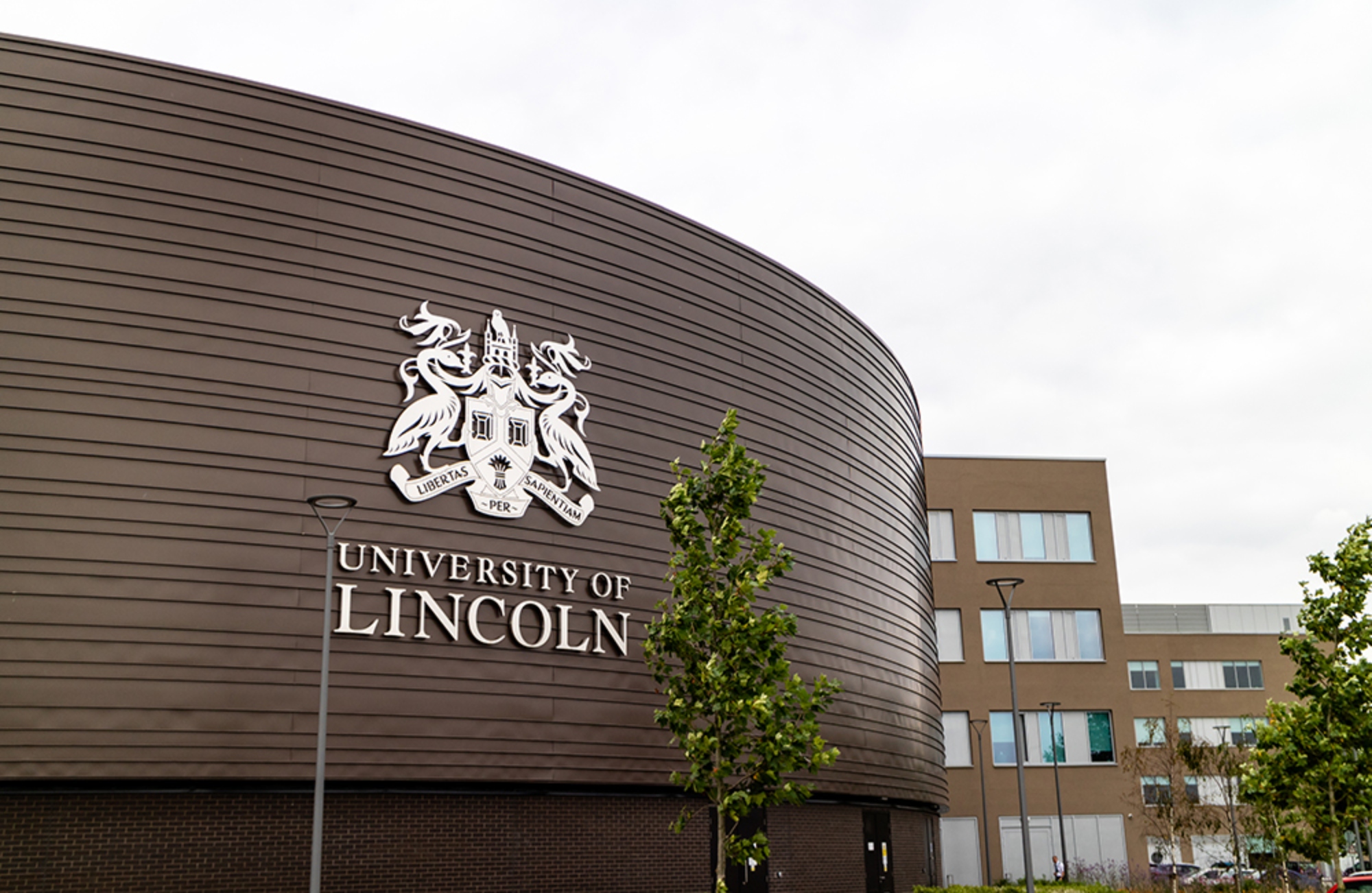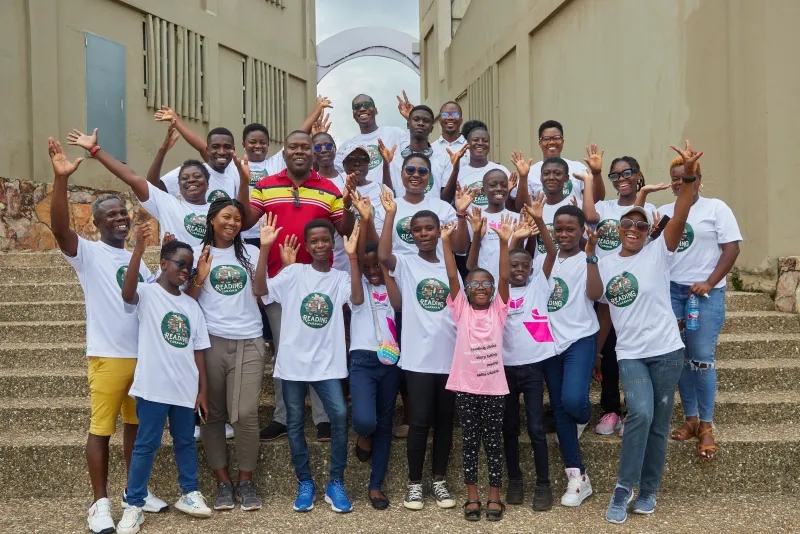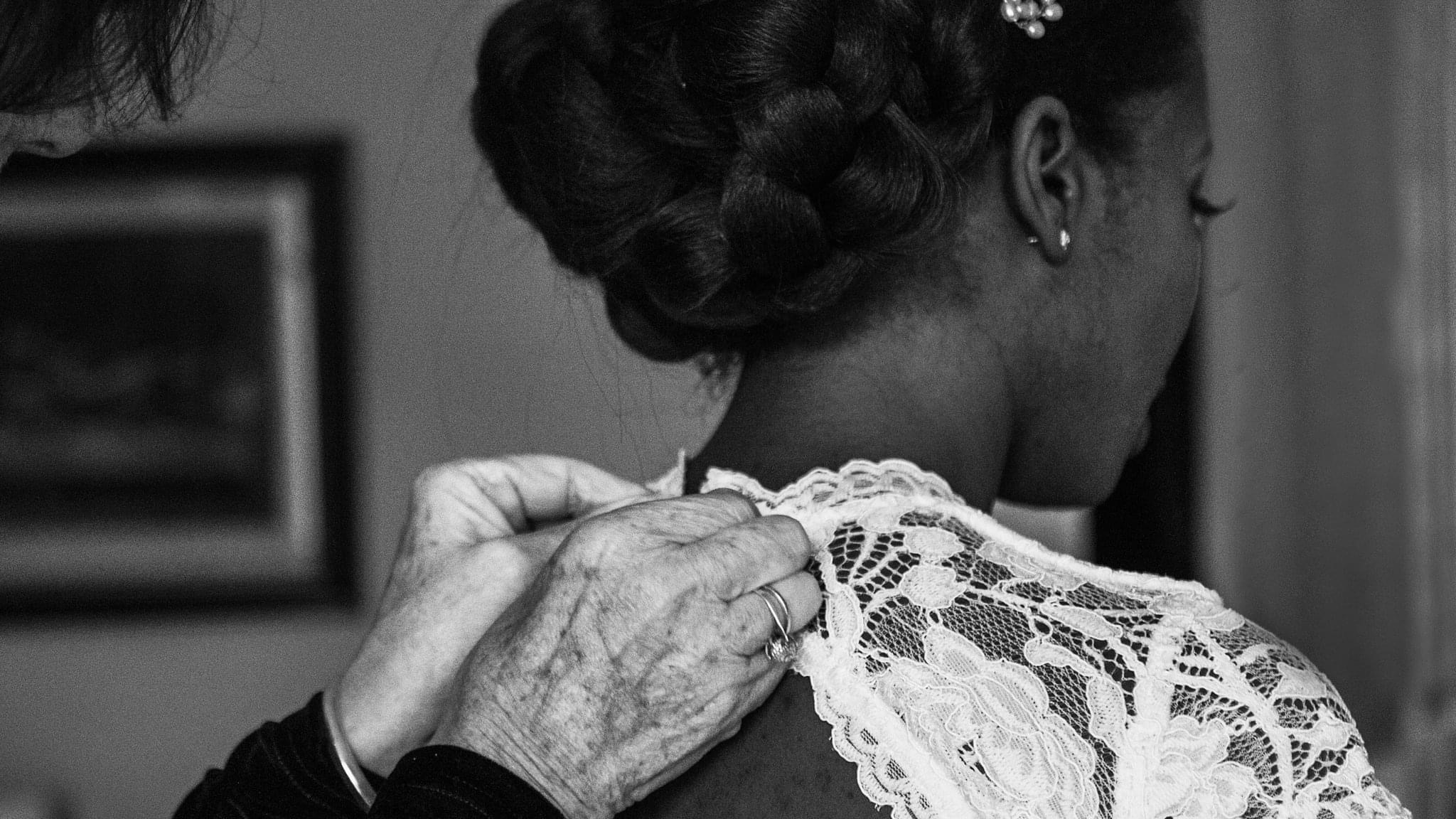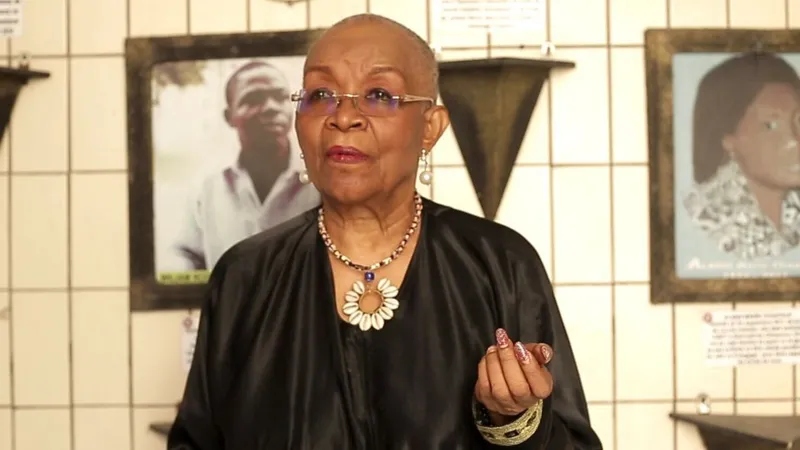In November 1991, a tongue-in-cheek headline in KATNEWS, a newsletter circulated among residents of University Hall at the University of Science and Technology (now KNUST), posed a seemingly playful but provocative question: “Any Kat Ladies?”
At the time, the notion of female students residing in University Hall, popularly known as Katanga, seemed far-fetched. The question arose in response to the recent conversion of two other traditionally male halls, Republic and Independence into mixed-gender residences.
Katanga, however, remained staunchly all-male. With its trademark dry humour, KATNEWS remarked: “Kat was left out for the meantime... observers point out that Kat has always showcased beautiful Katladies during Hall Week variety nights.”
That satirical query will resurface after decades, not as a joke, but at the heart of a heated debate marked by student protests, national headlines, and a significant policy shift.
KNUST has declare plans to convert University Hall and Unity Hall into mixed-gender accommodations, under the leadership of Vice-Chancellor Professor Kwasi Obiri-Danso. Framed as part of a broader effort to enhance access and inclusivity in student housing, the decision sparked swift backlash.
A protest from the university Hall alumni were organized in Accra, marching from Kwame Nkrumah Circle to the Ministry of Education to submit a petition. Banners reading “Say No to Mixed Halls” and “Preserve Katanga’s Legacy” reflected the deep emotional and cultural connection former residents felt toward the hall.
Rivals of the policy argued it would erode the distinct identity and traditions of University Hall, long celebrated for its culture of student activism, male solidarity, and leadership development. University authorities and supporters of the change, however, emphasized the growing demand for accommodation and the need to foster a more inclusive campus environment.
These tensions echoed earlier debates at the University of Ghana in 2010, when a proposal to alter the all-male status of Commonwealth Hall ignited similar concerns about tradition, equity, and institutional change.
Today, University Hall operates as a mixed hall in accordance with KNUST’s updated housing policy. While some alumni and students still view the change as controversial, it represents a definitive step in the university’s broader shift toward balancing heritage with modern reforms.
The once-satirical question, “Any Kat Ladies?”, has thus become a lived reality, symbolizing both the evolution of societal norms and the complex challenges of reform in higher education.










.jpg)